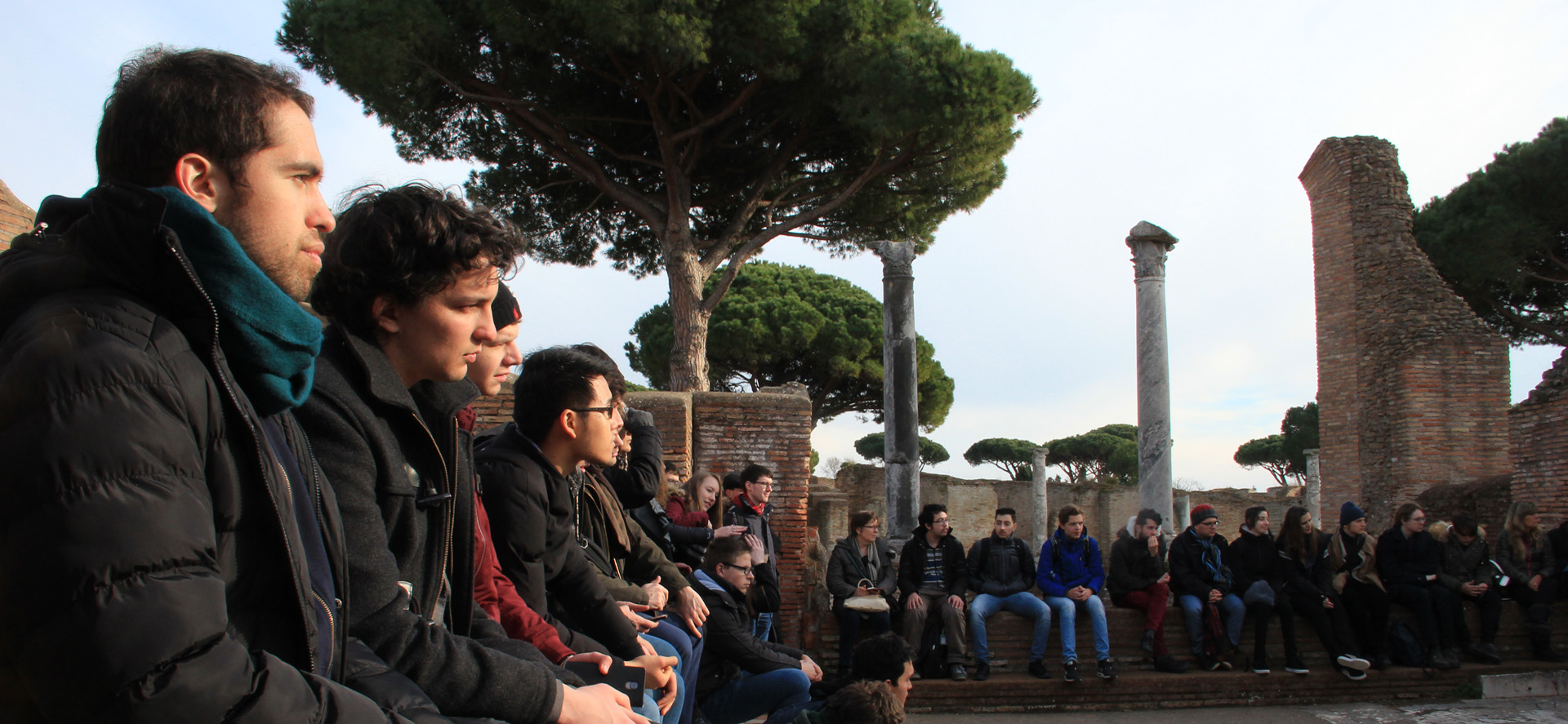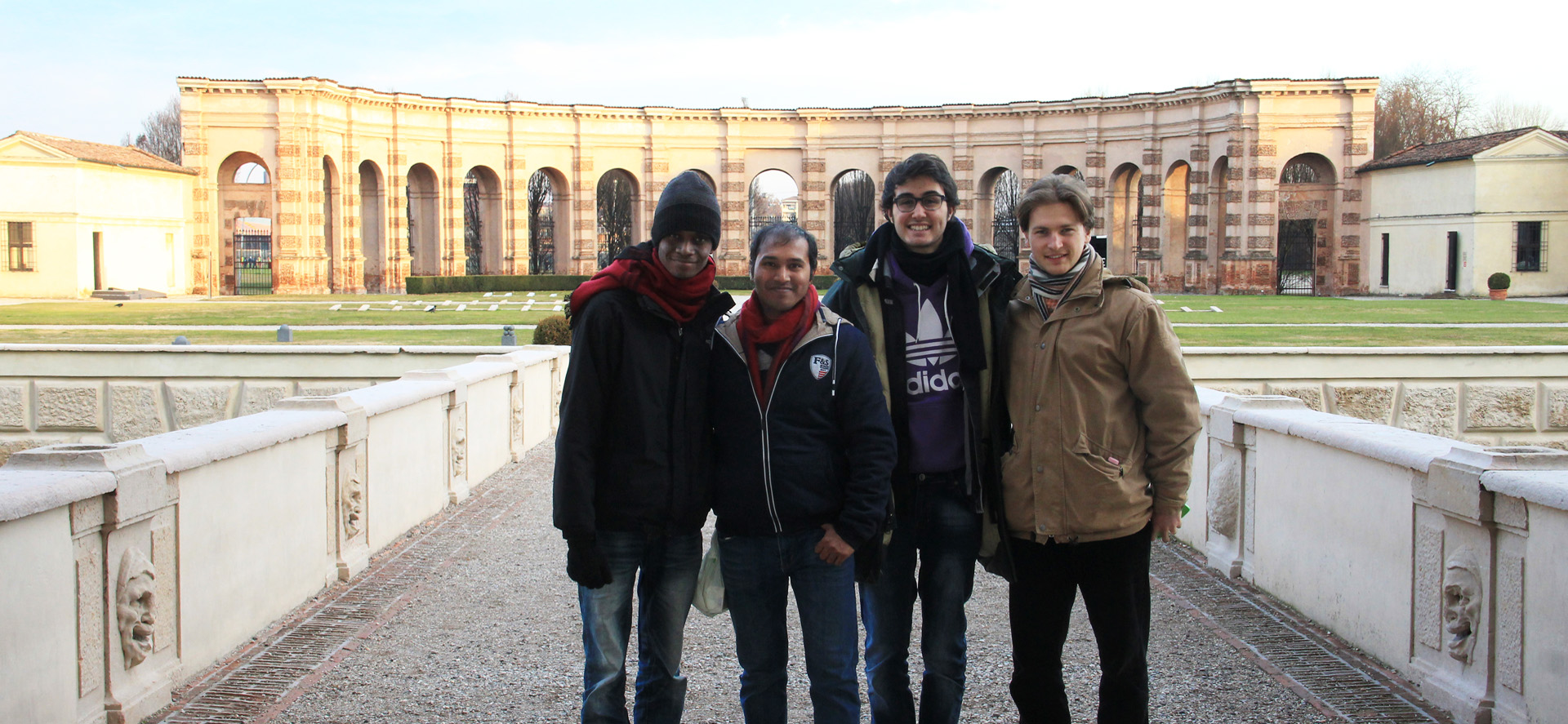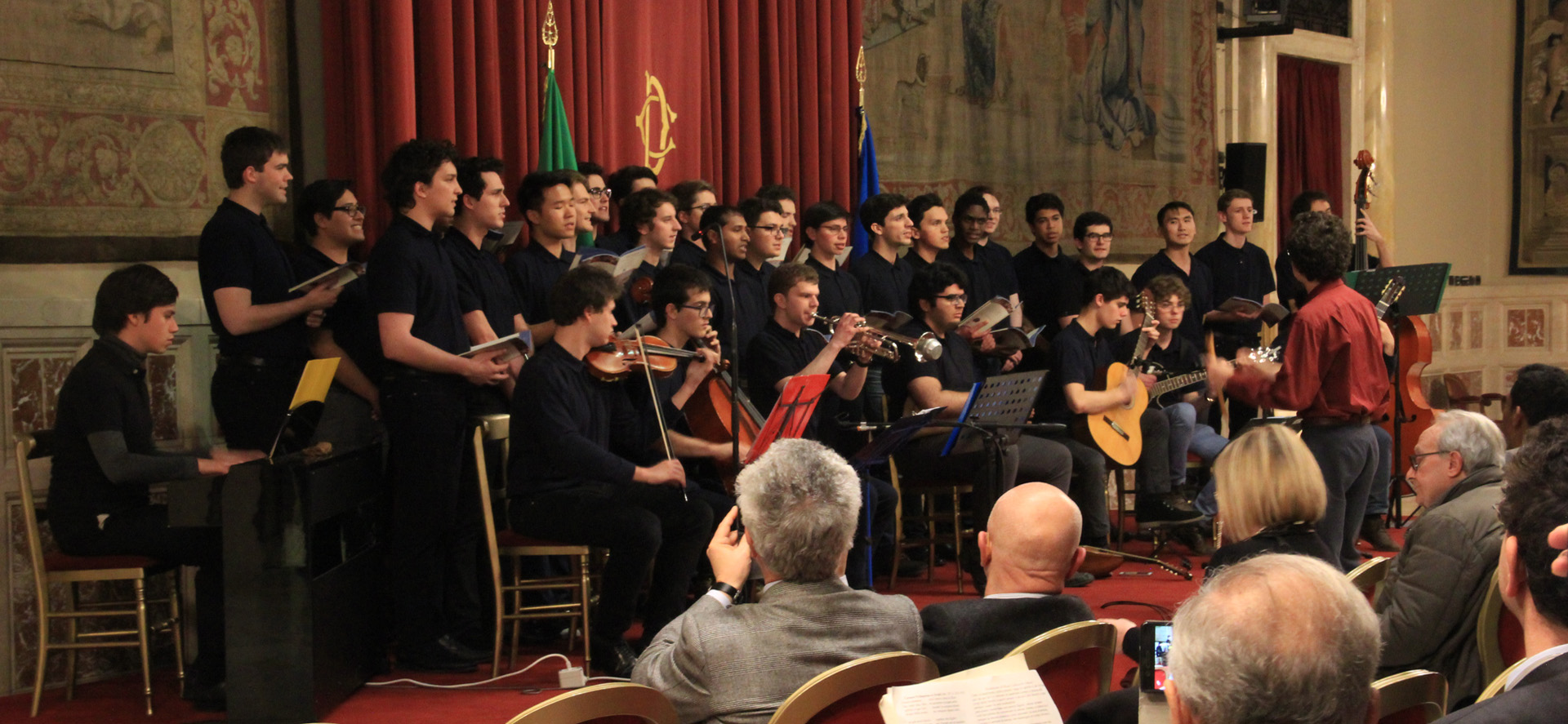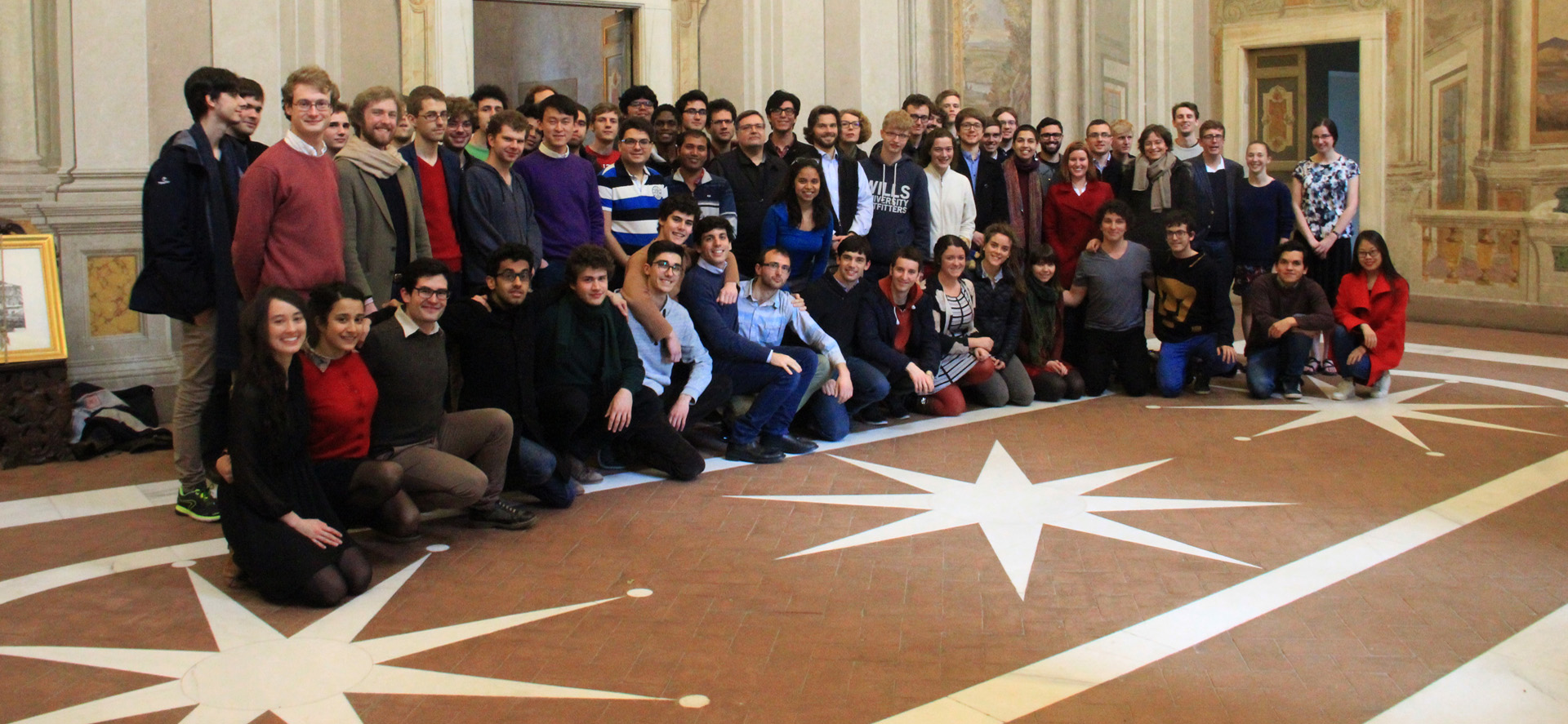Rules
Basic rules
General rules
§1. DE ACADEMIAE FUNDAMENTIS
The Academia is a community of scholars and learners contributing openly, freely and creatively to the cultivation of a community spirit. This community spirit and its cultivation should guide our lives and conduct for the short period during which we have the good fortune of living and learning together. Our guiding stars are fellowship, humanity, and goodwill toward one another as cultivate scholarship and learning together. Humanists conform to rationale and experience, not to the tastes of the majority or powerful. The Humanist seeks that which is good, true, proper and just, and in particular that which contributes to the growth and expansion of a better society through the direct cultivation and education of individuals. Neither laws nor customs rule among us, unless continuously exposed to the light of Humanist enquiry. Literary trends and musical fashions, as all other matters, need to be examined, criticised and deliberated, rather than simply accepted as the natural, or even logical, products of our society. “That is just the way things are!” or “That’s what’s popular now!” are not arguments: here at this school we require an earnest examination of all aspects or both popular and classical culture and their products. Augustine was right in maintaining that we do not simply live in an age or time; we are that age, that time and its fashions. Harmony, concord, equality and temperance are the guiding lights. Since popular tastes in music and clothing so dominate the world scene, we maintain an environment dedicated to classical music and modest clothing and personal conduct. This school is an opportunity to experience a different world, one where popular tastes and fashions can be weighed and discussed in peace and away from the irrational forces that are fashion.
§2. DE SCHOLIS ADEUNDIS
Attendance at all classes which are placed in the general class schedule and also those assigned to improve one's knowledge of languages, when necessary, at the times set down, is required. Classes are normally held Monday through Saturday, throughout the whole academic year, except holidays, which are set forth in the academic calendar. Absences will be excused only in the case of medical emergency or death in the immediate family. If it seems difficult to understand the classes, they should first approach the professor, who will try to remedy the problem. Also, students who are more advanced in their studies will be able to help others with their studies and arrange times to examine what was taught in class. Students may not of their own will omit certain classes or parts of and as it were to create a their own curriculum, but they ought like the others, from whom they can ask for help. Students will prepare certain assignments (readings, exercises, compositions) before classes, and take tests periodically to check their progress. Students are expected to accomplish these assignments in a careful, timely fashion, and to show continual progress in their work throughout the period of study.
§3. DE ACADEMICIS MUNERIBUS
It is prescribed that free periods in the morning be used for preparing certain assignments (readings, exercises, compositions) before classes, and taking tests periodically to check their progress. Students are expected to accomplish these assignments in a careful, timely fashion, and to show continual progress in their work throughout the period of study.
§4. DE PROGYMNASMATIS QUAE SCHOLIS ADICIUNTUR
Seminars are on a variety of various topics, including music and singing, drama, and debates and discussions. These seminars are not only delight the mind, but are also most useful for reinforcing one's knowledge as well as one's skills of the languages. For this reason, it is not permitted that for one to resign himself from these exercises. Students, therefore, should regularly participate in some of these initiatives, according to their interests and tastes.
§5. DE CONVICTU SEU CONVIVIO
The basis of all communities is the time its members spend together. With that in mind, we have four common times outside the classrooms. They are breakfast, lunch, high tea, and dinner. Students should come to the dining room at the appointed times, and no one should, as if apart from others and in a restaurant, finish his food and immediately leave the meal.
§6. DE DOMESTICIS MUNERIBUS
Our Academia is a community, and all members of the community will do their share of the daily chores. Chores, however humble and alien to academics, are completely necessary for upkeep of the facilities. Student should dedicate daily half to an entire hour. Chores are assigned as need demands and include, but are not limited to, cleaning the building, laundering clothes, and ordering books in the library. A schedule will be displayed monthly, assigning each member to certain chores for that month. Further, as is proper to living in society, one should look first to the good of the community before looking to one's own private good. Accordingly, all that must observed for the order of the community ought to be done voluntarily and out of benevolence rather than out of as adhering to a law.
§7. DE USU COMPUTATORIORUM
The use of computers and other such devices is prohibited in the classroom. For although it would be convenient to have many lexica, grammar books, and authors' works together in a small device, and accessible with just a click, what the teachers are presenting in class, however, is of first importance and one should give one's full attention to its content; paying close attention is of course difficult where there are many things to occupy our attention and distract us from the class itself. (For Seneca most rightly observes, "A multitude of books distracts.” How much truer can this be said of the almost infinite number of opportunities we seem to enjoy from our devices!) Outside of class we strongly urge students to use moderation in using these devices. The computers are to be used to communicate with family and friends, to conduct research, and complete scholastic assignments. It is, however, less appropriate to use computers for watching movies and listening to music during almost one's entire free time. Indecent and obscene movies, which are frequently available on the internet, are of course prohibited. Similarly, it is forbidden to obtain illegally books, movies, and songs and to save them on the computers. We should always guard against spending too much time in inane pursuits. We should also guard against serving our electronic devices, rather than them serving us. Moreover, for perfecting our knowledge of languages and Latin literature, and for cultivating true humanitas, it is much more important to interact with those around us, and with whom we study, than with senseless, cold, and lifeless machines.
§8. DE TELEPHONO ADHIBENDO
Telephone rates are extremely high in Italy. No private use of the Academy's telephones is permitted, except in case of emergency. Skype and Messenger, free internet telephone services, are available through the Academia computers and open to all community members to communicate with family and friends. Nevertheless, we think we should not abuse these instruments, which if employed outside of this manner, seem more to impede than to profit us. He who really wants to experience a new way of life and give his whole self to his studies must to some extent separate himself from the habits that he had hitherto practiced, and not behave the same daily as if he were in another place, communicating with only those people he knows back in his own country.
§9. DE ACADEMIAE FAMA
This community and its Academia depend to a great extent upon the goodwill and generosity of others. Thus, since the reputation of the Academy owes much to it, the way of life here described extends to both on and off campus, And for that reason, moderation and temperance are to be preserved always and everywhere. The same rules are to be observed on excursions to Rome as at the Academy. Moderation of conduct is to be exemplified to all. Therefore, body piercing, new tattoos, hair that extends past the shoulders, shaved heads, long beards, torn clothes, and ostentatious jewelry are forbidden. Personal appearance should be as neutral as possible, without any ostentation of religious or sectarian features. Concerning this subject Seneca admirably wrote: “We do these things so that we might lead better lives than common men, not to be the opposite of them.” Let us try to maintain a higher standard of life than that of the multitude, but not a contrary standard . Moreover, we must always respect the people we live with, for, as first admirably Plato, then Cicero handed down to us, "we are not born for ourselves alone,” but to foster and promote the human society.
§10. DE NECESSARIIS SANCTIONIBUS
Students who, without consulting the directors of the Academy, fail to attend class, who fail to accomplish in a timely and responsible fashion all assignments, who do not make academic progress, or fail to respect the rules of conduct stated above will be asked to leave the Academia. The rules were created not to repress captives but to regulate the interactions of free men. Thus, if our way of life seems unsuitable, one need not apply to our Institute and one may freely leave it if already here.
 English
English
 Italiano
Italiano
 Latina
Latina




